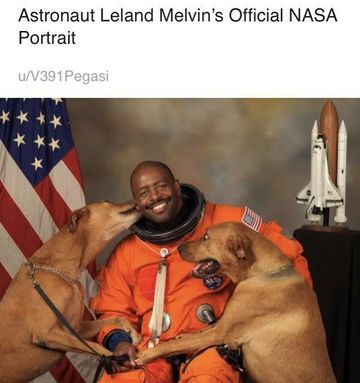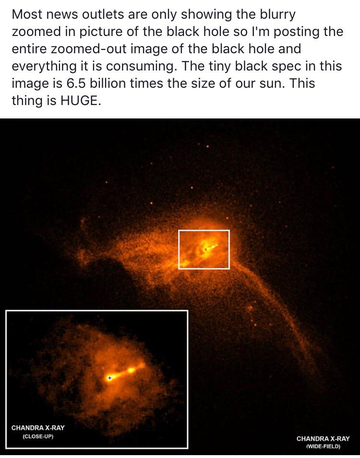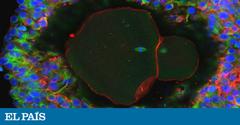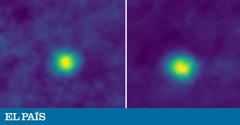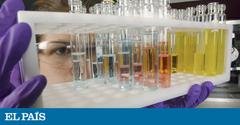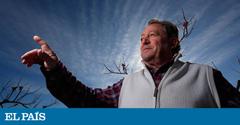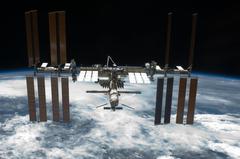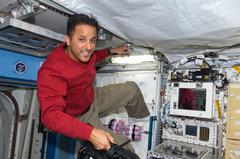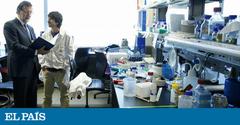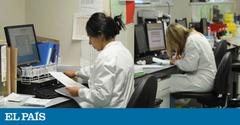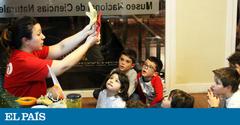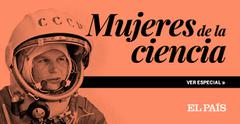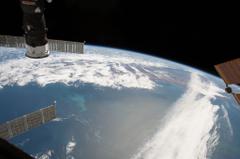Science stuff
News, curiosities, papers. Everything about science!
Forum
no forums yet
Posts (661) Newer postsMore posts
A fossilized trackway on public lands in Lake County, Ore., may reveal clues about the ancient family dynamics of Columbian mammoths. Researchers who excavated a portion of the path found 117 footprints thought to represent a number of adults as well as juvenile and infant mammoths.https://www.sciencedaily.com/releases/2018/02/180212160905.htm
A new blood test seems to perform as well as, if not better than, traditional blood cultures at detecting candidemia, a type of fungal yeast infection that commonly strikes hospital patients. Quick detection of the infection has the potential to stop its spread and slow drug resistance.https://www.sciencedaily.com/releases/2018/02/180209174532.htm
A multidisciplinary team of researchers has managed to solve a puzzle that had bewildered biologists for over a century: how and why an organism’s base metabolism varies depending on its mass. Base metabolism is the minimum energy that an organism consumes to stay alive.https://www.sciencedaily.com/releases/2018/02/180211130650.htm
Scientists have modified a test for early diagnosis of prion diseases with the goal of improving early diagnosis of Parkinson's disease and dementia with Lewy bodies. The group tested cerebral spinal fluid samples from people with Parkinson's disease; people with dementia with Lewy bodies; and controls, some of whom had Alzheimer's disease. The test correctly excluded all the controls and diagnosed both Parkinson's disease and dementia with Lewy bodies with 93 percent accuracy.https://www.sciencedaily.com/releases/2018/02/180209131433.htm
Using one of the world's most powerful laser facilities, a team of scientists experimentally confirmed a long-held theory for cosmic magnetic field generation: the turbulent dynamo. By creating a hot turbulent plasma the size of a penny, that lasts a few billionths of a second, the researchers recorded how the turbulent motions can amplify a weak magnetic field to the strengths of those observed in our sun, distant stars, and galaxies.https://www.sciencedaily.com/releases/2018/02/180209131436.htm
Using publicly available data and novel computer software called KINC, an undergraduate researcher in genetics and biochemistry was able to uncover a group of 22 genes that are implicated together as having involvement in glioblastoma, the most aggressive type of brain cancer.https://www.sciencedaily.com/releases/2018/02/180208162043.htm
Neuroscientists have found that certain neurons in the brain are responsible for grouping behaviors together into a single habitual routine, in a process known as 'chunking.' These neurons, located in a brain region highly involved in habit formation, fire at the beginning and the end of a habitual behavior, but not in the middle.https://www.sciencedaily.com/releases/2018/02/180208120923.htm
While near-infrared spectroscopy (NIRS) long has been used to monitor oxygenation in conditions in which blood flow is altered, such as bleeding in the brain, how NIRS values relate to other vital sign measures in NICU babies was unknown.https://www.sciencedaily.com/releases/2018/02/180207231151.htm
